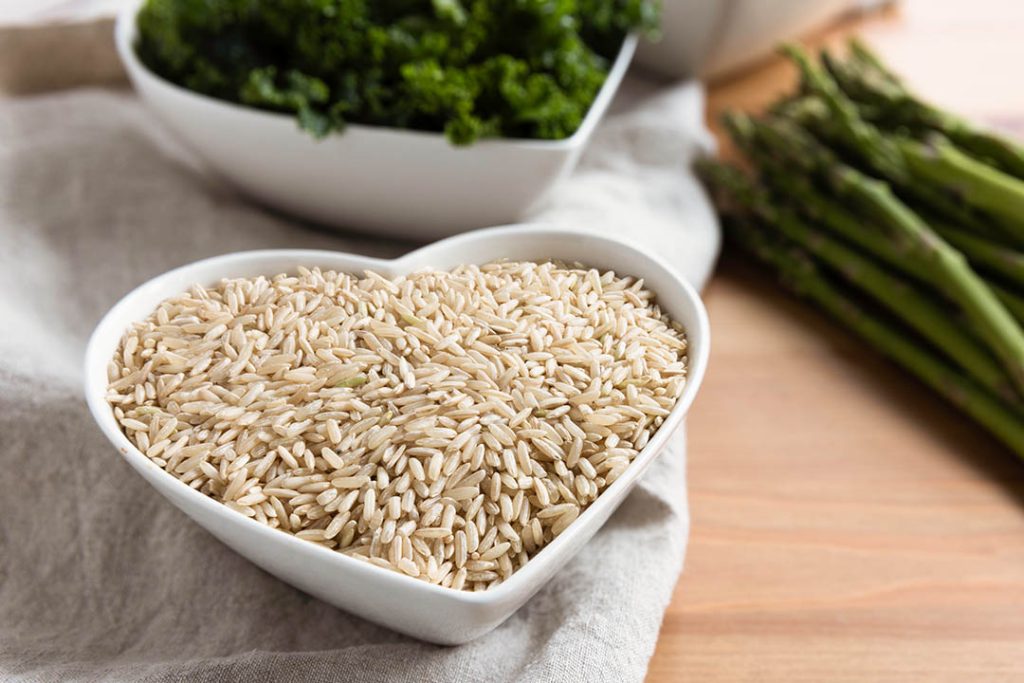
23 Sep 3 Vital Minerals Your Body Needs
3 Vital Minerals Your Body Needs
by Ashleigh Feltham, Accredited Practising Dietitian and Accredited Nutritionist.
Most of us have read something about minerals like calcium and iron. You may not know about other minerals or why your body needs them to function. This post will make you more familiar with three mighty minerals our bodies need to function optimally. So, sit down class, in today’s lesson we will be discussing magnesium, potassium and zinc.
Why do we need to care about these three vital minerals? Each one plays an important role in maintaining your body’s essential functions and structures.

Magnesium
Why do we need this mineral?
- Magnesium helps the body to use energy
- Allows the body to use protein for energy
- Regulates blood pressure
- Regulates blood sugar levels
- Creates part of the teeth and bones
- Keeps your heart pumping at a normal rhythm
- Keeps nerves and muscles working
Which foods contain magnesium?
- Green, leafy vegetables like spinach
- Bran cereals
- Wheat germ
- Quinoa
- Whole-wheat breads and cereals
- Brown rice
- Dried peas
- Beans, chickpeas and lentils
- Nuts like walnuts and hazelnuts
- Seeds like sunflower, flax and pumpkin
Potassium
Why do we need this mineral?
- Potassium helps regulate blood pressure
- Helps maintain normal nerve function
- Increases bone density, lowering osteoporosis risk
- Maintains the balance of the fluids in your body
- Essential for heart function
- Needed for muscle contraction
Which foods contain potassium?
- Fruit – pretty much all types, including dried fruit
- Vegetables – again, all varieties, but found in especially high amounts in tomato, spinach, sweet potato, avocado, potatoes and winter squash
- Milk
- Yoghurt
- Legumes
- Nuts like pistachios and almonds
- Seeds, such as pumpkin, flax and sunflower
Zinc
The final mighty mineral is zinc. Why do we need this mineral?
- Zinc helps to optimise your immune system function
- Helps to heal your body from injury
- Helps the body to use the protein we eat
Which foods contain zinc?
- Meat, including organ meat like liver
- Chicken
- Fish
- Quinoa
- Brown rice
- Rolled oats
- Cornmeal
- Wholegrain and whole-wheat bread, pasta and couscous
- Fortified breakfast cereals
- Dried beans, peas and lentils
- Nuts, such as pine, peanuts and Brazil
- Seeds like pumpkin, sunflower and chia

Take-home message:
Before you pop out to buy a supplement, first try obtaining magnesium, potassium and zinc from the food sources listed here. For example, adding a side salad or a bowl of soup to a meal each day is an easy way to boost your vegetable and legume intake. A balanced diet is really the key to good long-term health, giving you complete nutrition and all the components your body needs.
Reference:
Practice TGRoN. Functions and Food Sources of Some Common Minerals Canada: Dietitians of Canada; 2015 [updated 20/10/2015; cited 2016 27/09/2016].
